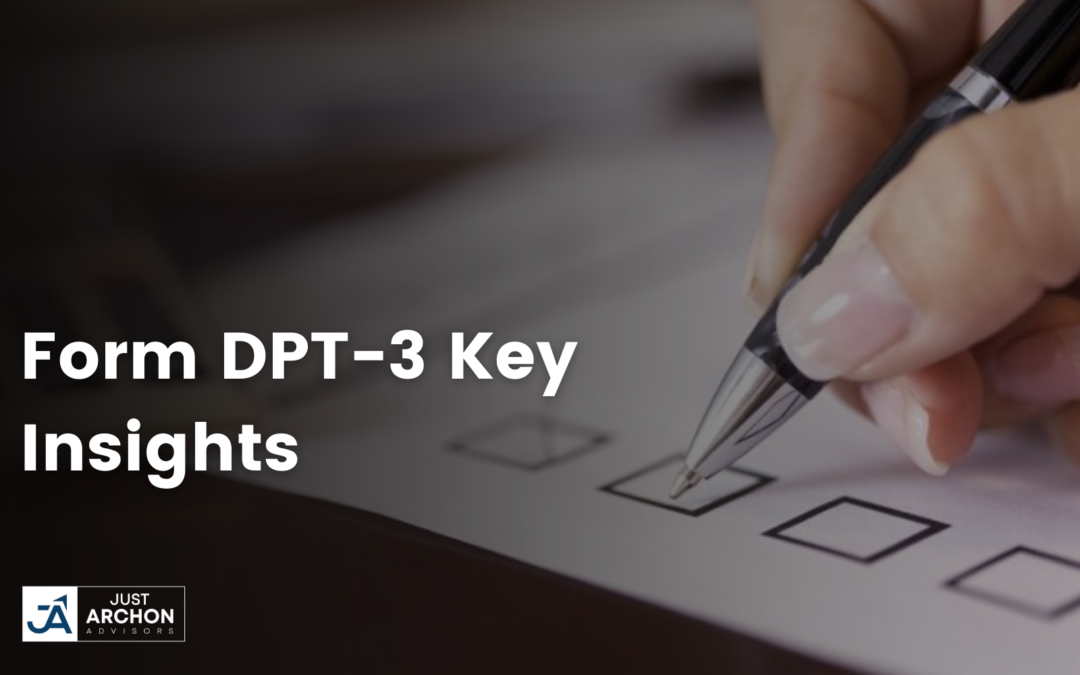Myths about Cryptocurrency – The adoption of cryptocurrency and blockchain technology has significantly advanced since Bitcoin was created in 2009. However, people do not always have a solid understanding of how cryptocurrency works, given its mysterious origins.
About Cryptocurrency
Cryptocurrency is digital money. That means there’s no physical coin or bill — it’s all online. One can buy cryptocurrency with a credit card or, in some cases, get it through a process called “mining.” Cryptocurrency is stored in a digital wallet, either online, on your computer, or on other hardware.
People legitimize cryptocurrency by demand and market value, that is, it’s only valuable if people use it.
As such, although there are 2,957 known cryptocurrencies, only 10 of them have any real worth, and the majority of people only use one. In total, the value of the global cryptocurrency market was $856 billion in 2019.
There is a long list of cryptocurrencies, but the most popular is Bitcoin. Almost three-quarters of cryptocurrency owners (70%) have bought Bitcoin.
Other top Cryptocurrencies that people own are Ethereum (27%), Litecoin (20%), Dogecoin (15%), and Dash (14%)
Following are the myths about Cryptocurrencies that need to be debunked
1. Cryptocurrencies are illegal – This is the most common myth about Cryptocurrencies.
India’s previous Finance Minister, Mr. Arun Jaitley pointed out in the Budget 2018-19 that Blockchain technology will be explored to promote digital and safe transactions. The transactions in cryptocurrency are not banned in India and are thriving.
Also, Bill Gates, founder of Microsoft, has referenced cryptocurrency as a potential solution for income inequality.
“If we were building a financial system from scratch today, we’d do it on a digital platform,” Gates said. “Digital can lower the cost of a range of transactions by as much as 90%, providing nearly universal access to innovative financial products and services.”
Facebook, for its part, plans to launch its own cryptocurrency called Libra in 2020.
As more businesses accept bitcoin as a usable form of payment, the more legitimate cryptocurrency will become in the global economy.
2. Cryptocurrencies are non-taxable
Cryptocurrencies are assumed to be tax-free, but this is not true. Such exchanges need to register and pay tax on their earnings. As there are no central authorities or banks involved with crypto transactions, but that does not mean they are not taxable.
Cryptocurrencies are in the eyes of the IRS, and it has a new tax form out for all crypto traders. Last year, the IRS sent letters in order to amend or pay fines on unreported crypto profits to around 10,000 taxpayers that were connected somehow with crypto assets.
In India, when you trade in cryptocurrencies and make a profit, and if that profit exceeds 10 lakh rupees, you have to pay 30 percent on the profit. This is for short-term gains where there is no minimum time period for holding the investment.
For a long-term gain, where your investment needs to hold for at least two years, you will be taxed 20 percent on the profit.
3. Cryptocurrency Is Associated With Illegal Purposes –
Although crypto-assets can be used for several purchases such as food and clothing, it is a belief that people use Cryptocurrency generally to make illegal purchases.
There are a few reasons why people associate cryptocurrency with illicit activity:
– Its use began on black market sites
– It’s known for pseudonymous transactions or using a fake name to receive and send transactions
– It is decentralized from governments
– It can be used to easily buy something illegal
Some criminal cases record the use of cryptocurrency to get money, however, India has mandatory KYC (Know Your Customer) procedures in place for trading in cryptocurrencies to reduce the chance of any unlawful use of the digital money.
Conclusion
While few still hesitate and do not accept Cryptocurrency as payment, they are various popular retailers such as Microsoft, Overstock, KFC Canada, and others that accept cryptocurrencies for their respective purposes. As more businesses begin to accept cryptocurrency as payment, people recognize the value of buying this newer form of money and using it in the future.




0 Comments